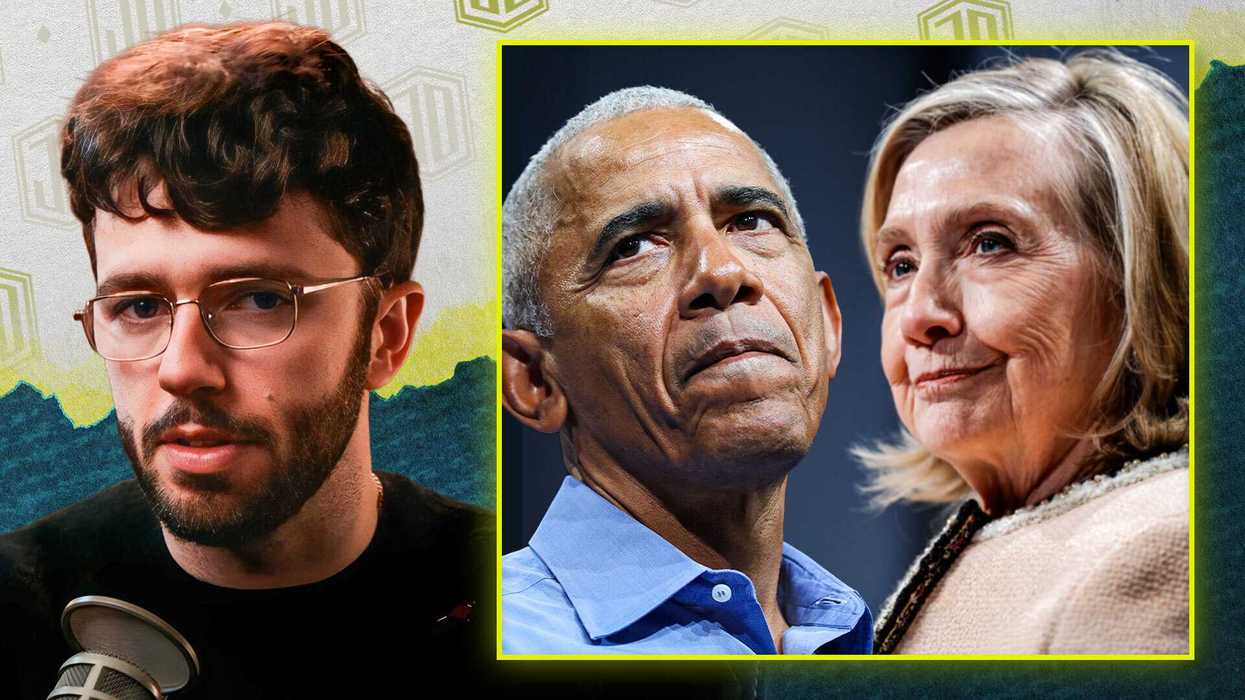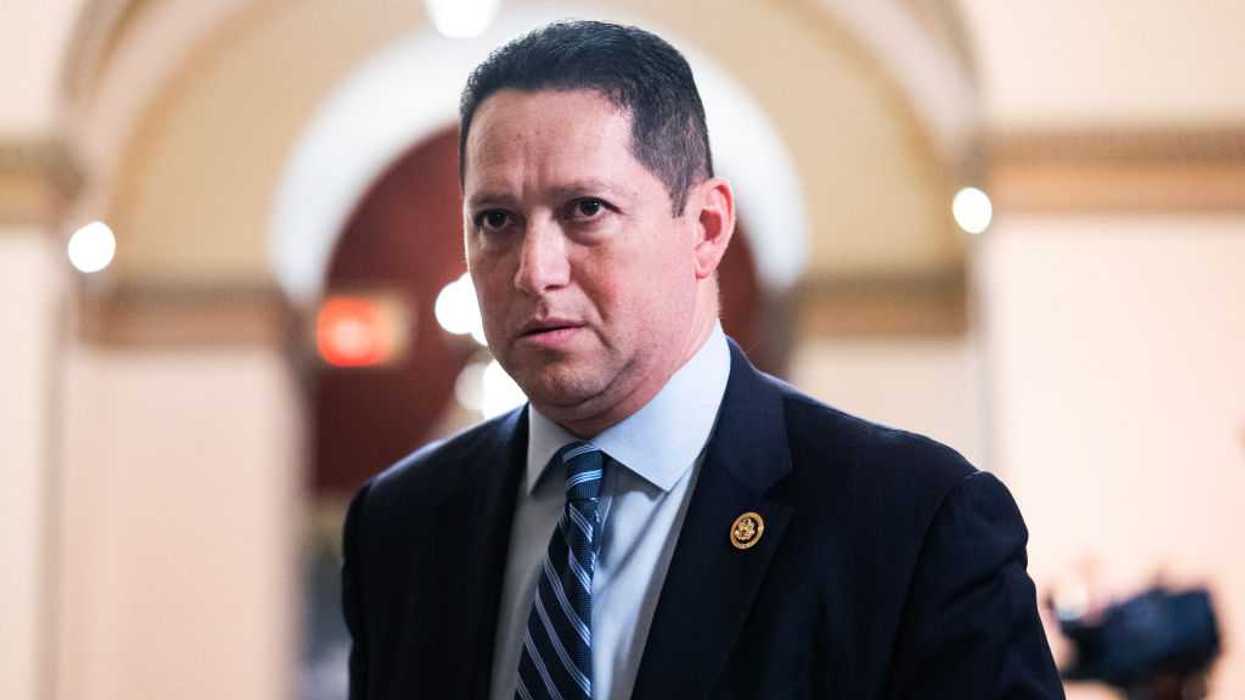
© 2026 Blaze Media LLC. All rights reserved.
MSNBC Host Attempts Apology for Dissing Use of 'Heroes' to Describe America's Fallen Servicemembers
May 28, 2012
"For that I am truly sorry."
Editor's note: Our initial post on this story has received overwhelming response -- over 10,000 "Likes" on Facebook, and an enormous number of comments. To read that story and see the videos that are central to the issue, click here.
NEW YORK (AP) — MSNBC host Chris Hayes says he’s sorry for his comments about his discomfort with the use of the word “heroes” to describe fallen soldiers.
Hayes made the comments during his show on Sunday, the day before Memorial Day. He was met with a strong backlash, including from a veterans’ group.
Hayes said he was “uncomfortable” with the word because it seemed like a rhetorical device that could justify engaging in more wars.
In a blog post Monday on the show’s website, Hayes apologized for not living up to his own “standards of rigor, respect and empathy.”
He says he was trying to discuss the divide between the military and civilians but ended up reinforcing a stereotype of a pundit talking about something he hasn’t experienced.
This is the full statement from Chris Hayes:
On Sunday, in discussing the uses of the word "hero" to describe those members of the armed forces who have given their lives, I don't think I lived up to the standards of rigor, respect and empathy for those affected by the issues we discuss that I've set for myself. I am deeply sorry for that.As many have rightly pointed out, it's very easy for me, a TV host, to opine about the people who fight our wars, having never dodged a bullet or guarded a post or walked a mile in their boots. Of course, that is true of the overwhelming majority of our nation's citizens as a whole. One of the points made during Sunday's show was just how removed most Americans are from the wars we fight, how small a percentage of our population is asked to shoulder the entire burden and how easy it becomes to never read the names of those who are wounded and fight and die, to not ask questions about the direction of our strategy in Afghanistan, and to assuage our own collective guilt about this disconnect with a pro-forma ritual that we observe briefly before returning to our barbecues.
But in seeking to discuss the civilian-military divide and the social distance between those who fight and those who don't, I ended up reinforcing it, conforming to a stereotype of a removed pundit whose views are not anchored in the very real and very wrenching experience of this long decade of war. And for that I am truly sorry.
Want to leave a tip?
We answer to you. Help keep our content free of advertisers and big tech censorship by leaving a tip today.
Want to join the conversation?
Already a subscriber?
more stories
Sign up for the Blaze newsletter
By signing up, you agree to our Privacy Policy and Terms of Use, and agree to receive content that may sometimes include advertisements. You may opt out at any time.
Related Content
© 2026 Blaze Media LLC. All rights reserved.
Get the stories that matter most delivered directly to your inbox.
By signing up, you agree to our Privacy Policy and Terms of Use, and agree to receive content that may sometimes include advertisements. You may opt out at any time.







